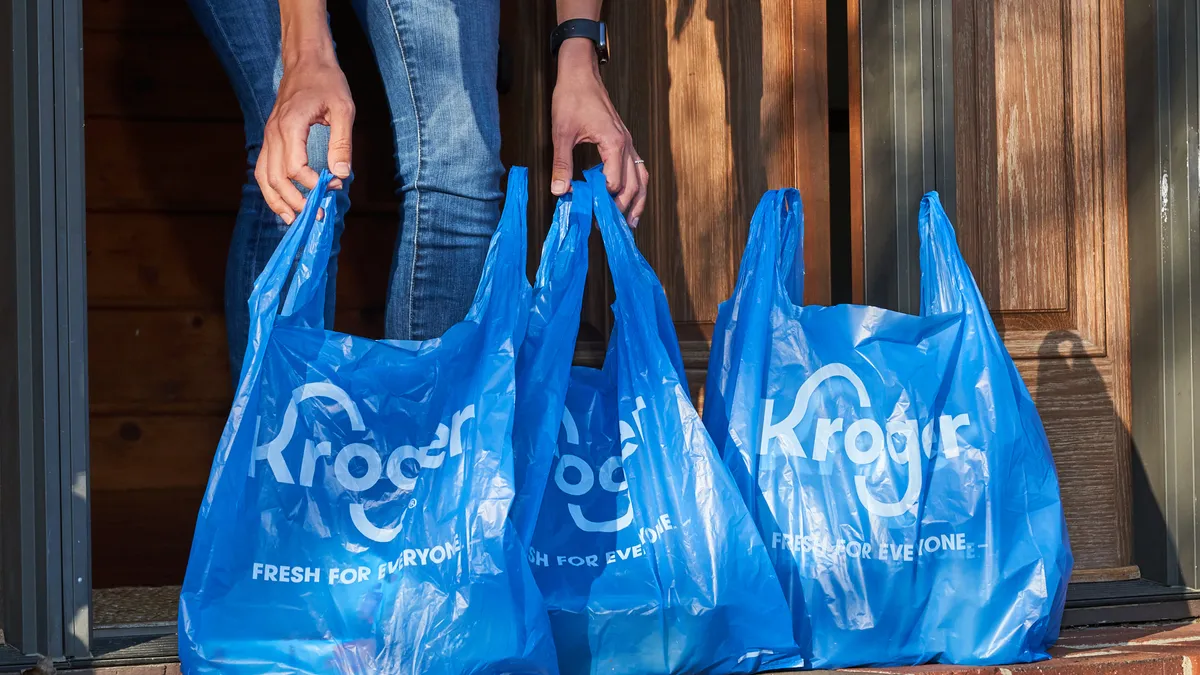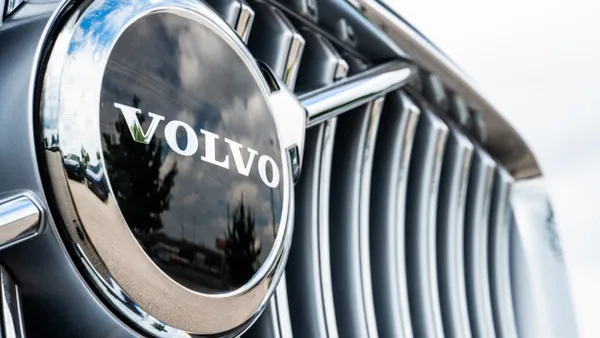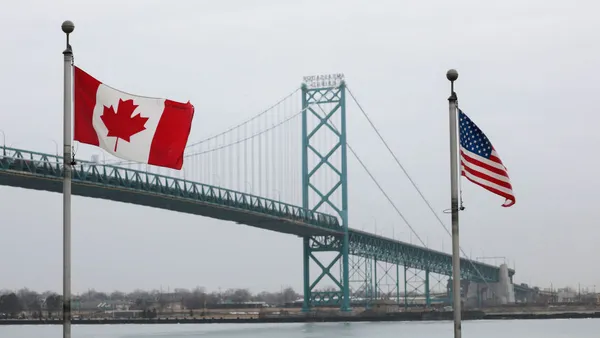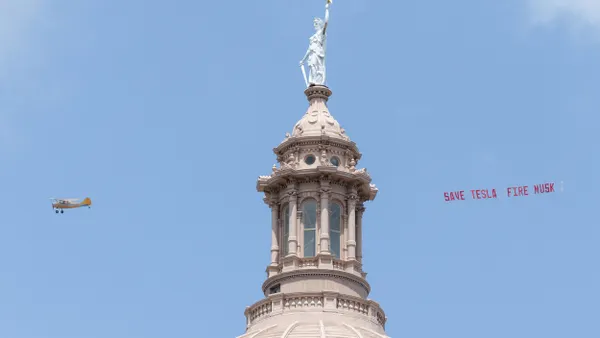Dive Brief:
-
Cincinnati, Ohio-based Kroger announced Friday it will pay up to $1.2 billion to states and subdivisions, $36 million to Native American tribes and $177 million to cover attorneys fees and costs as part of an agreement it reached with plaintiffs settling a “majority of opioid claims that have or could be brought” against the company. The company, which stated the settlement was not an admission of wrongdoing or liability, did not name the plaintiffs or states involved.
-
As a result, the supermarket operator reported a related $1.4 billion charge, or a $1.54 loss per share, in its second quarter results for what it termed the “nationwide opioid settlement framework,” with CFO Gary Millerchip stating during a Friday earnings call that the amount was excluded from the company’s adjusted earnings per share of $0.96 because it was a unique and non-recurring item.
- Kroger called the settlement an “important milestone” in its efforts to resolve the opioid litigation and support abatement efforts. Yet it stopped short of declaring the opioid matter as fully behind the company, with Millerchip noting Kroger had settled “substantially all” claims while also adding that the company "will continue to vigorously defend against any other claims and lawsuits relating to opioids that the final agreement does not resolve."
Dive Insight:
The opioid agreement was part of a busy news day for Kroger. In addition to disclosing the settlement and reporting second-quarter earnings, the company also announced a $1.9 billion deal under which Kroger,will sell 413 stores, 8 distribution centers and other assets to C&S, a wholesale grocery company. The divestiture is a bid to satisfy regulators now reviewing the planned supermarket mega-merger of Kroger and Albertsons, Industry Dive sister publication Grocery Dive reported.
On the call, Millerchip outlined a long-term payout plan for the settlement with plaintiffs which calls for the initial payments to begin in December and extend for 11 years.
“We believe that resolving these claims is in the best interest of Kroger and its customers, associates and shareholders and all of those affected by the opioid crisis,” Millerchip said, adding that that the settlement and its payment terms would not affect Kroger’s ability to complete its proposed merger with Albertsons.
The release also suggested that Kroger negotiated a deal that will give it some say in how the settlement will work. “States, subdivisions, and the Native American tribes will have an opportunity to opt-in to participate in the settlement, and Kroger will have full discretion to determine whether there is sufficient participation for the settlement to become effective. If all conditions are satisfied, the settlement would allow for the full resolution of all claims on behalf of participating states, subdivisions and tribes,” the release states.
Kroger, which has been accused of improperly monitoring prescriptions of the addictive painkillers filled by its store pharmacies, is the latest in a rising number of companies that have agreed to settlements with states that accused them of playing a role in the crisis, The New York Times reported. Kroger was sued by attorneys general in Washington State and West Virginia, according to the report.
In May, West Virginia settled with Kroger for $68 million over its role in distributing opioids, the Associated Press reported. Kroger and a spokesperson for the Attorney General’s office in Washington State did not respond immediately to requests for comment.














